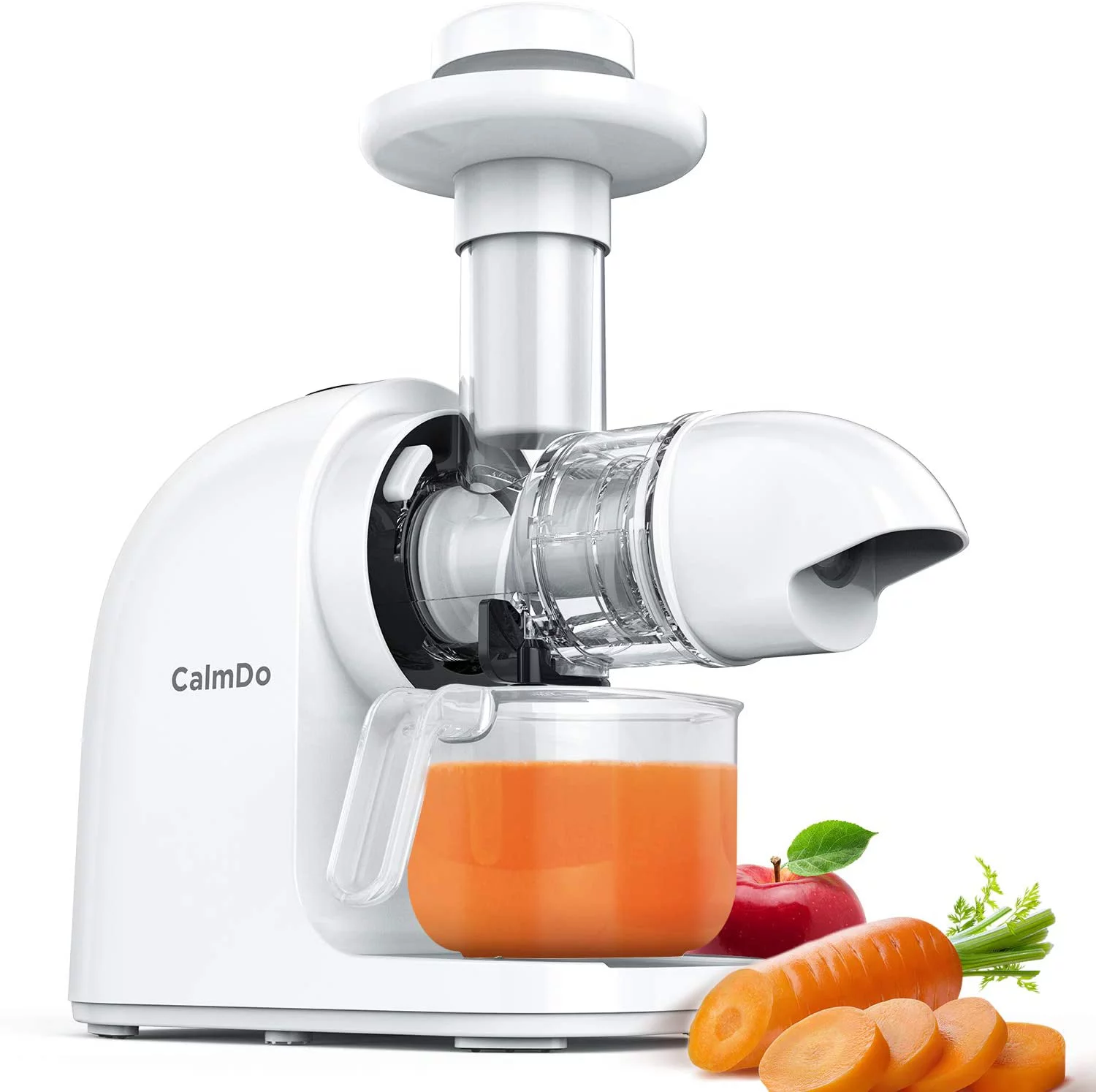

Articles
How Long Does Juice From Juicer Last
Modified: February 21, 2024
Discover how long juice from a juicer lasts in this informative article. Learn the best ways to store and preserve fresh juice for maximum freshness and flavor.
(Many of the links in this article redirect to a specific reviewed product. Your purchase of these products through affiliate links helps to generate commission for Storables.com, at no extra cost. Learn more)
Introduction
When it comes to juicing, many people are
looking to enjoy the nutritional benefits of fresh and
vibrant juices. Whether you’re using a juicer at home or
enjoying a cold-pressed juice from a local juice bar,
you may be wondering: how long does juice from a juicer last?
The shelf life of freshly juiced juice can vary
depending on several factors, including the type of
juicer used, the ingredients used, and how it’s stored.
Understanding these factors can help you make the most
of your juice and ensure you’re consuming it at its
optimal freshness.
In this article, we’ll explore the various factors
that affect the shelf life of juice from a juicer,
different types of juicers and their impact on juice
longevity, how to store freshly juiced juice properly,
signs of spoiled juice, and tips on extending the shelf
life of your juice.
So, grab your juicer and let’s dive into the world
of juice shelf life!
Key Takeaways:
- Freshly juiced juice can last longer with proper storage and the right juicer. Factors like ingredient quality, juicer type, and storage methods all impact the shelf life of your juice.
- Recognizing signs of spoiled juice and employing strategies like using fresh ingredients and natural preservatives can help extend the shelf life of your juice. Enjoy your vibrant and nutritious creations with these tips!
Read more: How To Store Juice From Juicer
Factors Affecting Juice Shelf Life
The shelf life of freshly juiced juice can be influenced by various factors. Understanding these factors can help you determine how long your juice will stay fresh and maintain its nutritional value. Here are some key factors that affect the shelf life of juice:
- Ingredient Quality: The quality of the ingredients used in your juice can greatly impact its shelf life. Fresh, ripe produce will produce juice that lasts longer compared to fruits or vegetables that are already starting to spoil.
- Juicer Type: Different types of juicers extract juice differently, which can affect its shelf life. Centrifugal juicers tend to introduce more oxygen, which can lead to faster oxidation and shorter shelf life. Cold-pressed juicers, on the other hand, minimize oxidation and result in juice that lasts longer.
- Oxidation: Oxidation is one of the main factors that contribute to the deterioration of juice. When juice comes into contact with air, it reacts with oxygen, causing the breakdown of vitamins, minerals, and enzymes. This can lead to a decrease in nutritional value and a shortened shelf life.
- Pasteurization: Pasteurization is a process that involves heating the juice to eliminate bacteria and extend its shelf life. While pasteurized juice has a longer shelf life, it may also result in a loss of some nutrients and enzymes.
- Temperature: The temperature at which juice is stored can impact its shelf life. Storing juice at room temperature or in warm conditions can accelerate the growth of bacteria and lead to spoilage. It’s best to store freshly juiced juice in the refrigerator to maintain its freshness.
- Container: The type of container used to store juice can also affect its shelf life. Opt for glass bottles or jars with airtight seals to minimize oxygen exposure and maintain the freshness of your juice.
By considering these factors and making mindful choices, you can help prolong the shelf life of your juice and ensure that you’re getting the most out of your nutritious creations.
Types of Juicers and Their Impact on Juice Longevity
The type of juicer you use can significantly impact the shelf life of your juice. Different juicers extract juice in varying ways, which can affect the oxidation process and the overall longevity of the juice. Here are some common types of juicers and their impact on juice longevity:
- Centrifugal Juicers: Centrifugal juicers are the most common type of juicer found in kitchens. These juicers use a fast-spinning blade to extract juice from fruits and vegetables. However, centrifugal juicers tend to introduce more oxygen during the juicing process, which can lead to faster oxidation. As a result, juice from centrifugal juicers tends to have a shorter shelf life.
- Masticating Juicers: Masticating juicers, also known as slow or cold-pressed juicers, use a slow rotating auger to crush and squeeze the juice out of produce. This method generates less heat and minimizes oxidation, resulting in juice with a longer shelf life. Cold-pressed juice can typically last up to 72 hours when stored properly.
- Twin Gear Juicers: Twin gear juicers, also referred to as triturating juicers, are high-end juicers with two interlocking gears that crush and press the juice out of fruits and vegetables. These juicers operate at a slower speed, preserving the juice’s nutrients and enzymes and extending its shelf life. Juice from twin gear juicers can stay fresh for up to 72 hours or even longer.
- Hydraulic Press Juicers: Hydraulic press juicers use a two-step process that involves crushing the produce and then applying thousands of pounds of pressure to extract the juice. This method ensures maximum juice extraction and minimal oxidation, resulting in juice with a longer shelf life.
It’s important to note that regardless of the type of juicer you use, the freshness and quality of the ingredients, as well as proper storage, are also crucial in determining the juice’s longevity. By choosing the right juicer for your needs and taking care to store your juice properly, you can maximize its shelf life and enjoy the full benefits of freshly juiced juice.
Storing Freshly Juiced Juice
Proper storage is essential to maintain the freshness and nutritional value of freshly juiced juice. Here are some tips on how to store your juice:
- Refrigerate Immediately: After juicing, it’s crucial to transfer your juice to airtight glass containers and place them in the refrigerator promptly. Cold temperatures slow down the growth of bacteria and help preserve the juice’s freshness.
- Fill Containers Properly: It’s important to fill your containers to the top to minimize the amount of oxygen in the container, reducing the risk of oxidation.
- Airtight Containers: Choose glass bottles or jars with airtight lids to prevent air from entering the container and prolong the juice’s shelf life.
- Keep Away from Light: Light exposure can accelerate the oxidation process and degrade the quality of the juice. Store your juice in a dark or opaque container, or cover clear containers with aluminum foil or place them in a dark spot in your refrigerator.
- Avoid Agitation: Limit agitation of the juice by avoiding shaking or stirring excessively. This can introduce more oxygen and speed up the oxidation process.
- Consume Within 72 Hours: Freshly juiced juice is best consumed within 72 hours to ensure maximum freshness and nutritional value. As time passes, the juice will gradually lose its potency and flavor.
Remember, the sooner you consume your juice, the better. While refrigeration helps extend the shelf life, it’s still ideal to enjoy your juice as soon as possible to reap the full benefits of the fresh nutrients and enzymes.
By following these storage guidelines, you can prolong the shelf life of your freshly juiced juice and continue to enjoy its vibrant taste and nourishing qualities.
Freshly squeezed juice from a juicer can last for up to 24-48 hours when stored in an airtight container in the refrigerator. However, it’s best to consume it as soon as possible to retain the most nutrients and flavor.
Signs of Spoiled Juice
It’s important to be able to recognize the signs of spoiled juice to ensure that you consume it while it’s still fresh and safe. Here are some common indicators that your juice may have gone bad:
- Change in Color: Freshly juiced juice will have a vibrant and vibrant color. If you notice any significant color change, such as the juice becoming darker or cloudy, it may be a sign that the juice has started to spoil.
- Unpleasant Odor: Spoiled juice often has a distinct sour or fermented smell. If your juice emits an unpleasant odor, it’s best to discard it.
- Mold or Sediment: Visible signs of mold or floating sediment in your juice indicate that it has likely spoiled and should not be consumed.
- Fizzy or Bubbly Texture: If your juice develops a fizzy or bubbly texture, it may be due to fermentation. This can occur when the juice is exposed to air or stored at warmer temperatures for an extended period.
- Off Taste: Spoiled juice may have a rancid or off taste. If your juice tastes unpleasant or different from its usual flavor, it’s a sign that it’s no longer suitable for consumption.
When in doubt, it’s always better to err on the side of caution and discard the juice if you suspect it may have spoiled. Drinking spoiled juice can lead to foodborne illnesses and unpleasant digestive symptoms.
Remember to store your juice properly, follow recommended consumption timeframes, and use fresh, quality ingredients to minimize the risk of spoilage. By paying attention to these signs, you can ensure that you enjoy your juice at its peak freshness and maintain your health and well-being.
Read more: How Long Can You Store Juice From Juicer
Extending the Shelf Life of Juice
While freshly juiced juice is best consumed as soon as possible, there are some strategies you can employ to extend its shelf life and prolong its freshness. Here are some tips to help you maximize the longevity of your juice:
- Choose Fresh Ingredients: Start with fresh, high-quality produce to ensure that your juice has the longest possible shelf life. Avoid using fruits or vegetables that are already overripe or showing signs of spoilage.
- Consider Ingredient Combinations: Certain fruits and vegetables have a longer shelf life than others. For example, citrus fruits like lemons and limes tend to last longer than delicate leafy greens. By incorporating ingredients with longer shelf life, you can help extend the overall longevity of your juice.
- Add a Natural Preservative: Some natural ingredients, such as lemon juice or vitamin C powder, have natural preservative properties that can help slow down the oxidation process and keep your juice fresher for longer. Consider adding a small amount of lemon juice or a pinch of vitamin C powder to your juice to help preserve it.
- Store in Vacuum-Sealed Containers: Consider using vacuum-sealed containers or mason jars with vacuum-sealed lids to remove excess air from the container and further minimize oxidation.
- Freeze Your Juice: If you know you won’t be able to consume your juice within the recommended window, freezing it can be a viable option. Transfer the juice to freezer-safe containers or ice cube trays and store them in the freezer. Just keep in mind that freezing can affect the texture and taste of the juice, so it’s best to consume it as soon as it thaws.
- Consume Juice in Smaller Portions: Instead of juicing a large batch all at once, consider juicing smaller portions as needed. This way, you can ensure that you’re consuming the juice at its freshest.
Remember that while these strategies can help extend the shelf life of your juice, it’s important to use your judgment and pay attention to any signs of spoilage. Always prioritize your health and discard any juice that appears or smells off.
By following these tips, you can make the most of your freshly juiced juice and continue to enjoy its vibrant flavors and nutritional benefits for an extended period.
Conclusion
Juicing offers a convenient and delicious way to incorporate a variety of fruits and vegetables into your diet. Understanding the factors that affect the shelf life of juice and implementing proper storage techniques can help you enjoy your juice at its freshest and most nutritious state.
Factors such as ingredient quality, juicer type, oxidation, pasteurization, temperature, and container choice all play a role in determining how long your juice will last. By considering these factors and making informed choices, you can maximize the shelf life of your juice.
Storing freshly juiced juice in airtight glass containers, refrigerating it promptly, avoiding light exposure, and consuming it within 72 hours will help preserve its freshness. It’s also important to recognize the signs of spoiled juice, such as changes in color, unpleasant odor, mold, fizzy texture, or off taste, and discard it if necessary.
To extend the shelf life of your juice, choose fresh ingredients, consider ingredient combinations with longer shelf life, add natural preservatives, use vacuum-sealed containers, freeze portions if needed, and consume juice in smaller quantities.
Ultimately, the goal is to enjoy your juice while it’s at its peak freshness and nutritional value. By following these guidelines and being mindful of storage practices, you can continue to enjoy the vibrant flavors and health benefits of freshly juiced juice for as long as possible.
So, go ahead and juice your favorite fruits and vegetables with confidence, knowing that you have the knowledge to extend the shelf life of your juice and savor every sip.
Frequently Asked Questions about How Long Does Juice From Juicer Last
Was this page helpful?
At Storables.com, we guarantee accurate and reliable information. Our content, validated by Expert Board Contributors, is crafted following stringent Editorial Policies. We're committed to providing you with well-researched, expert-backed insights for all your informational needs.
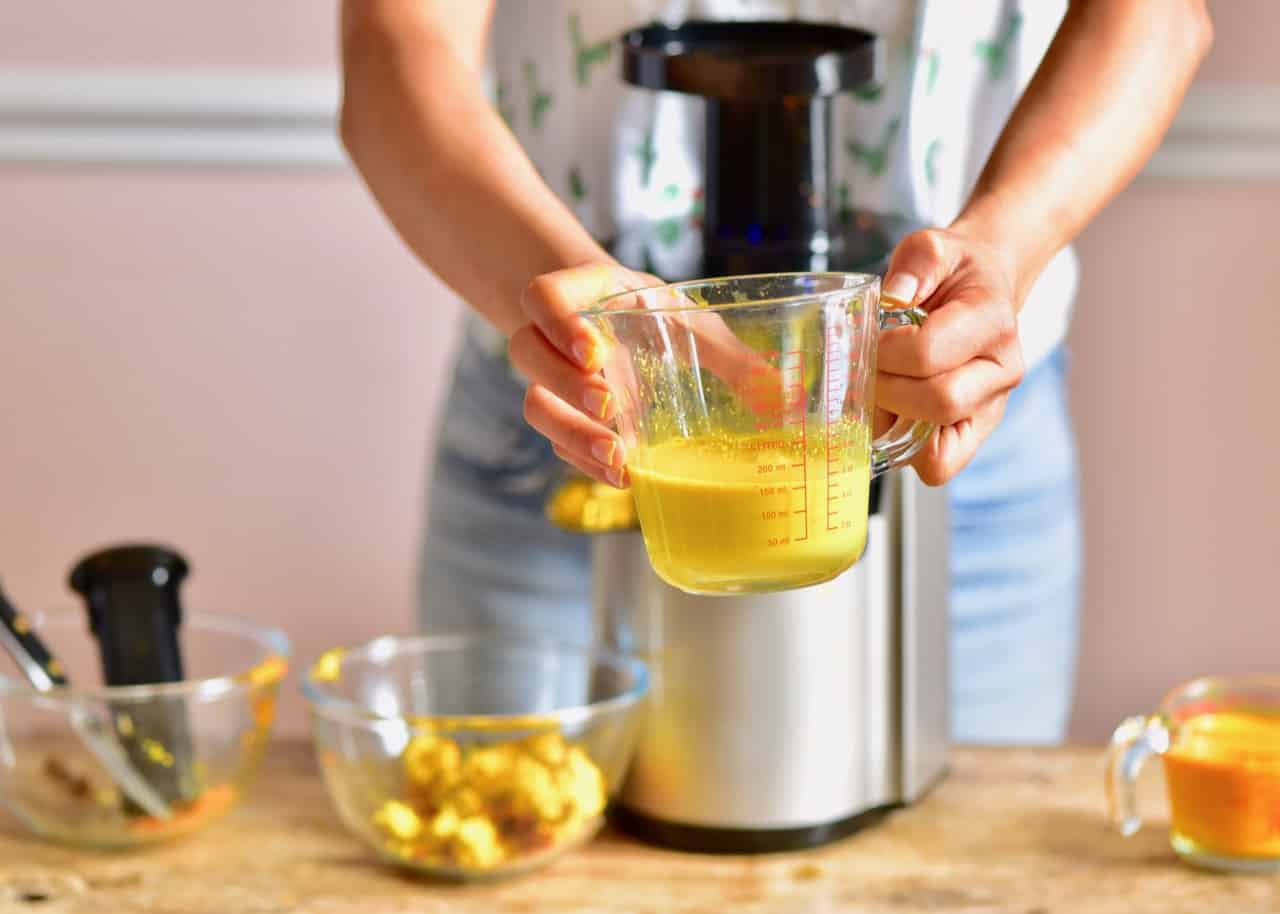
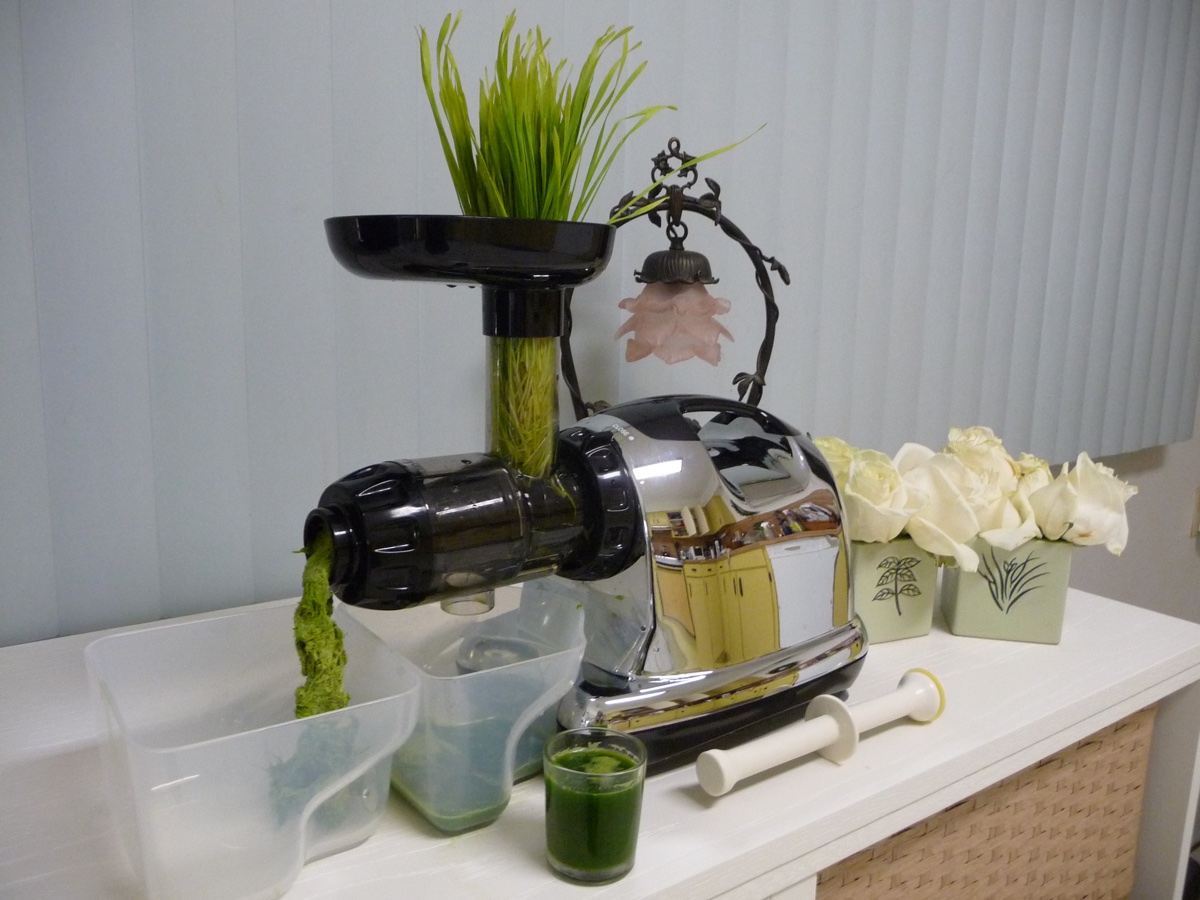
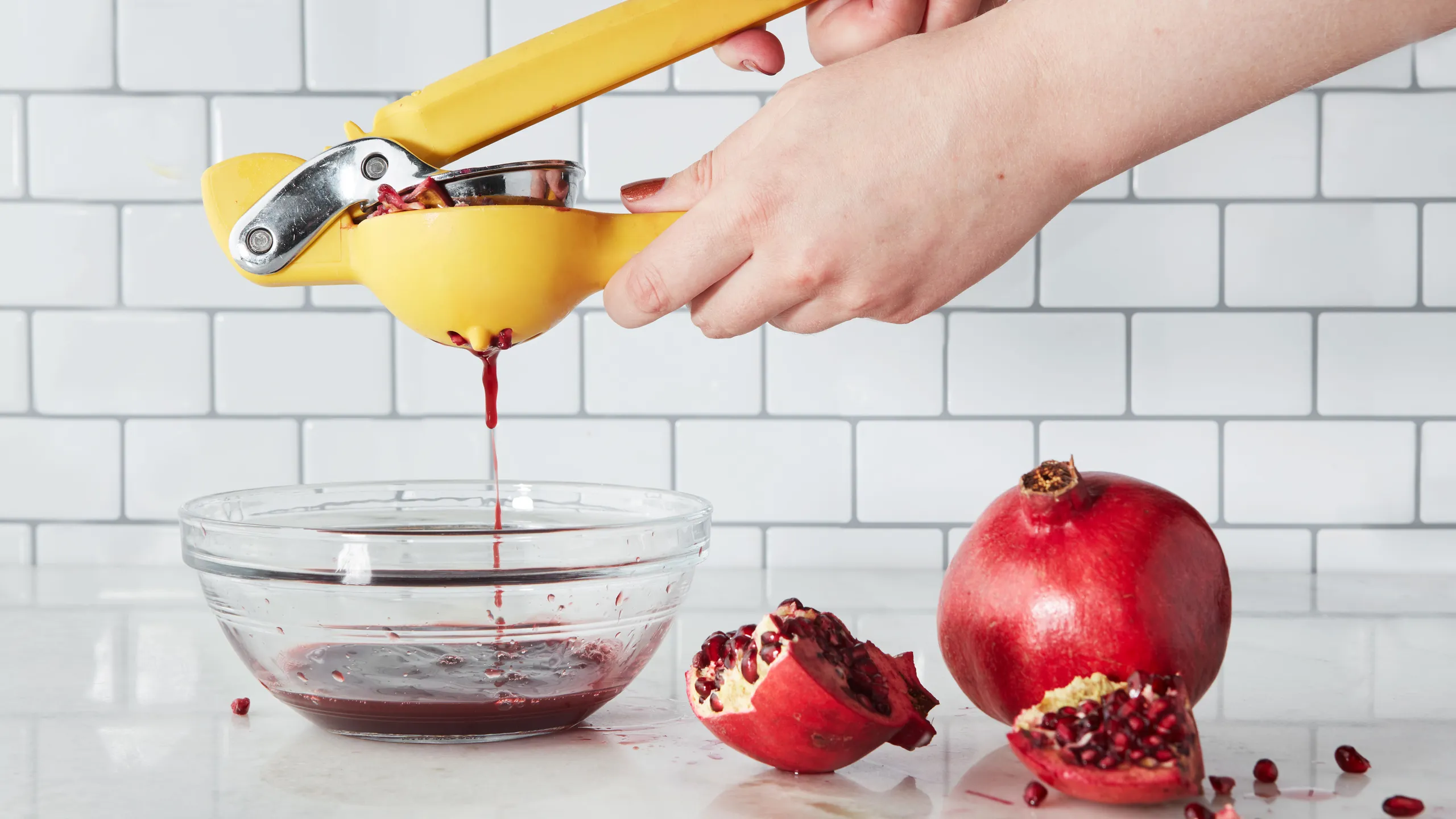
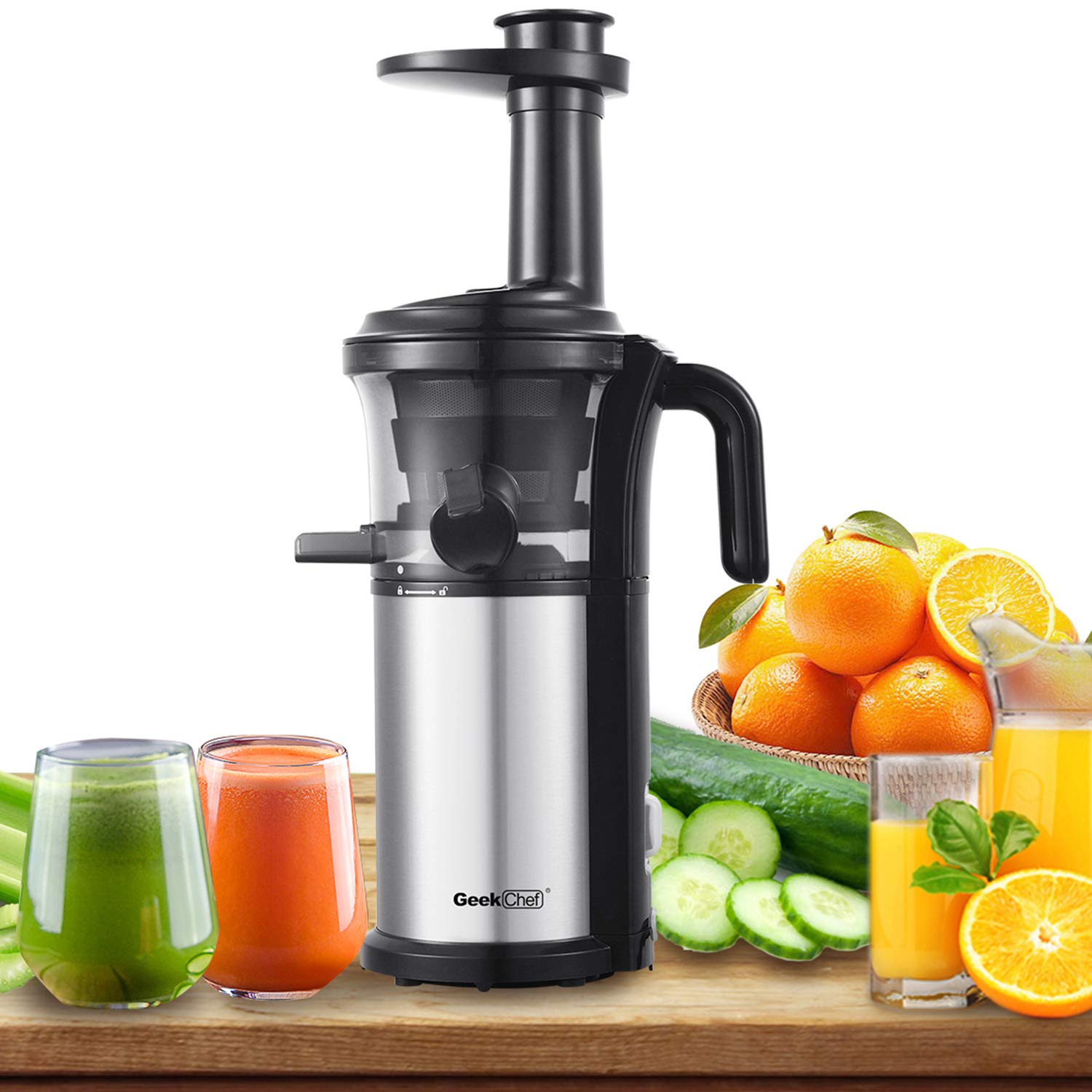
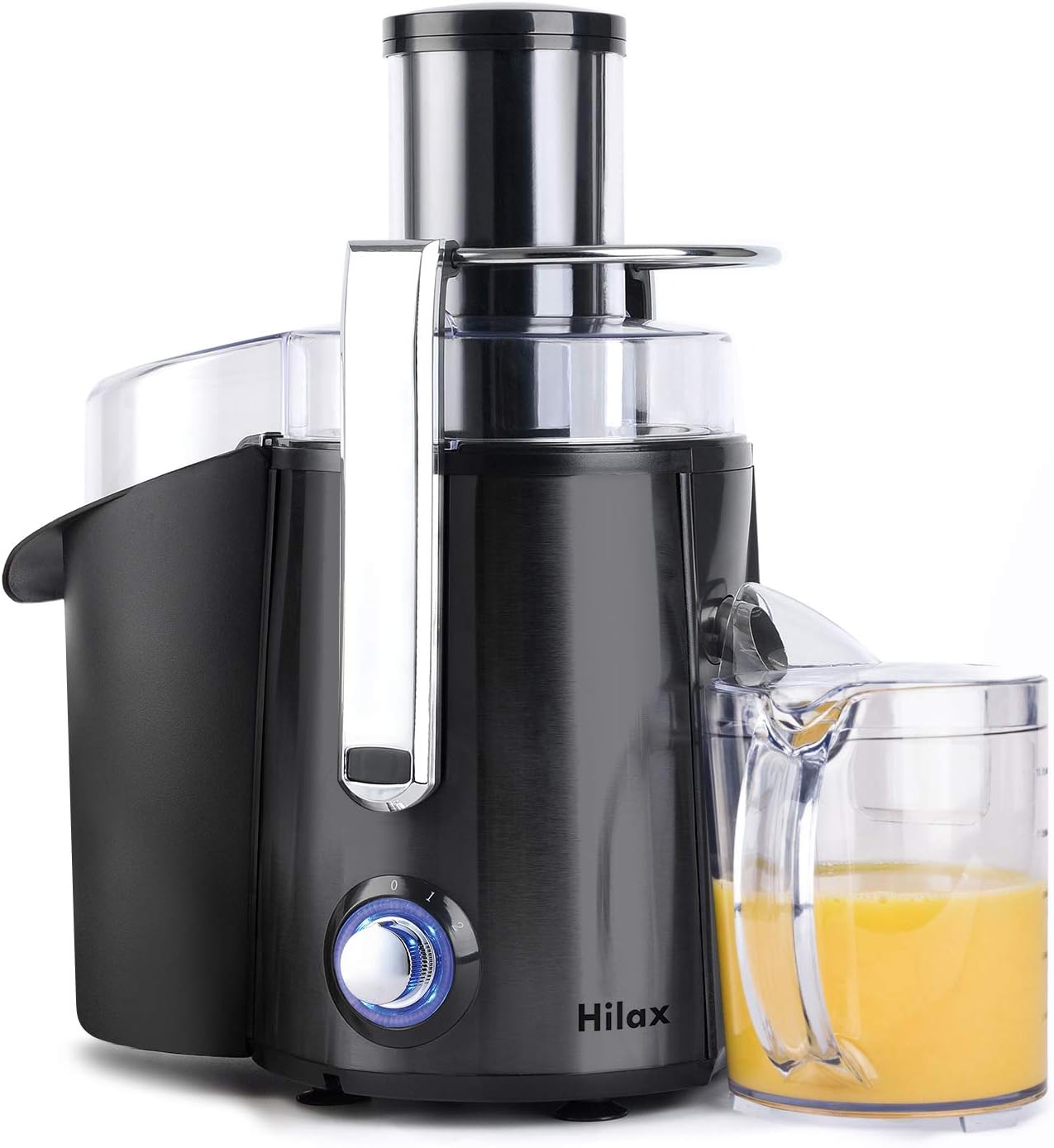

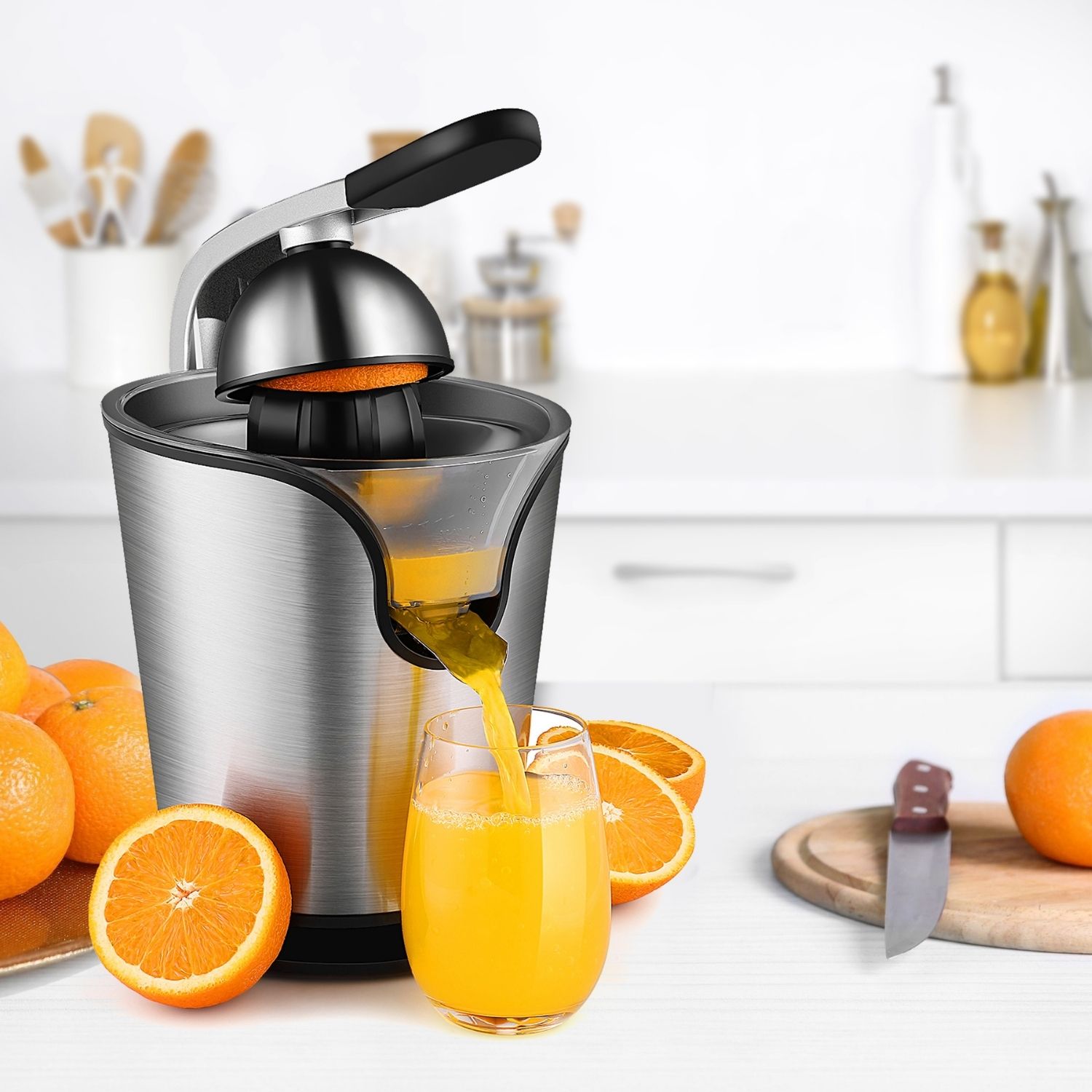
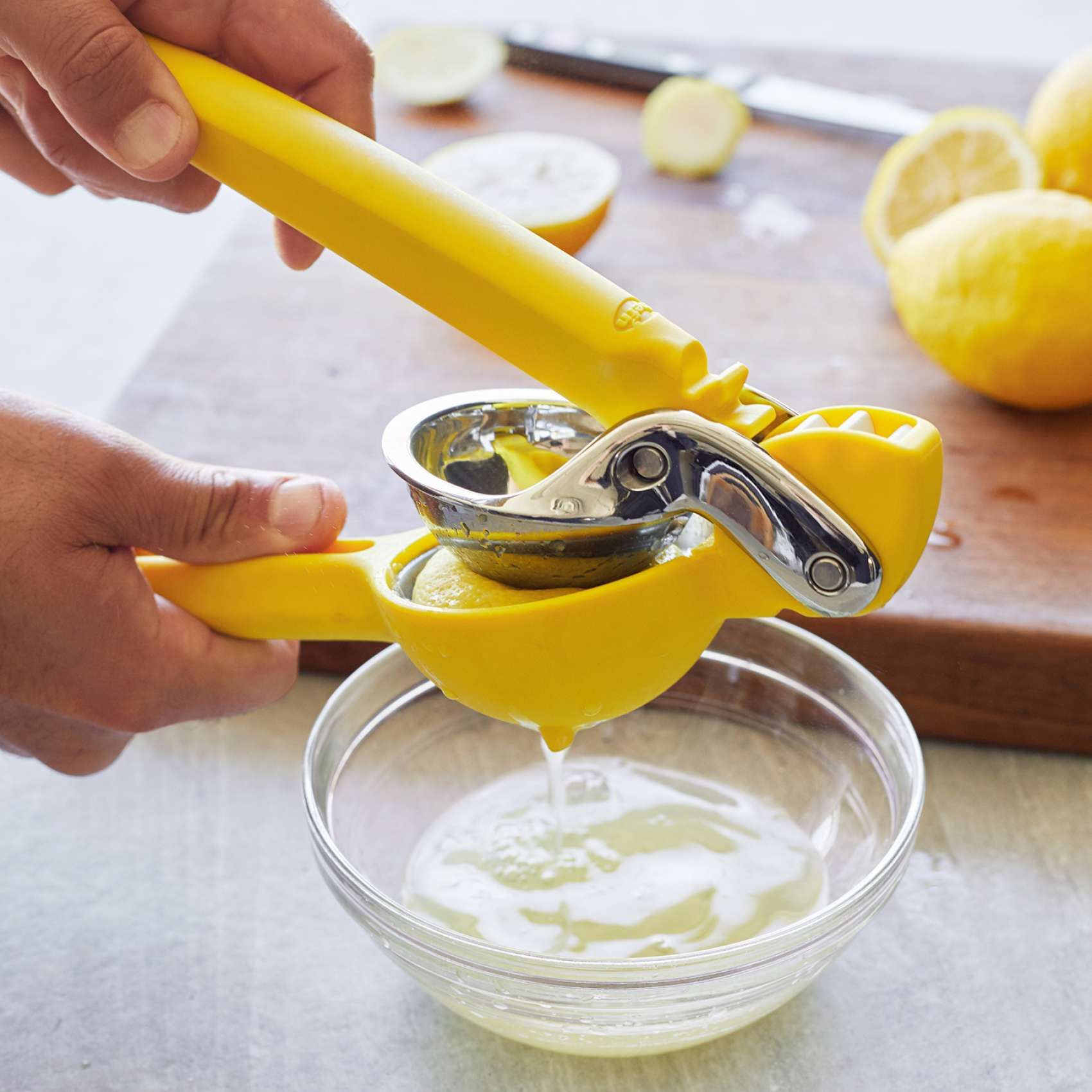
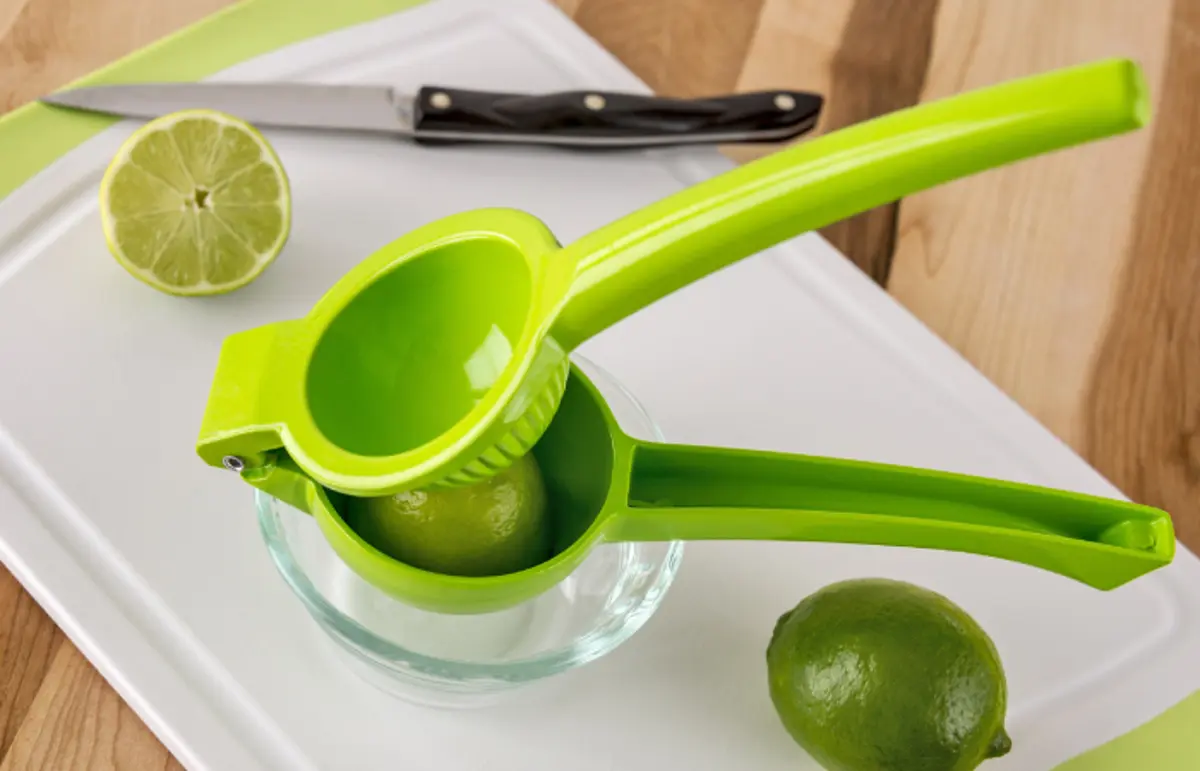
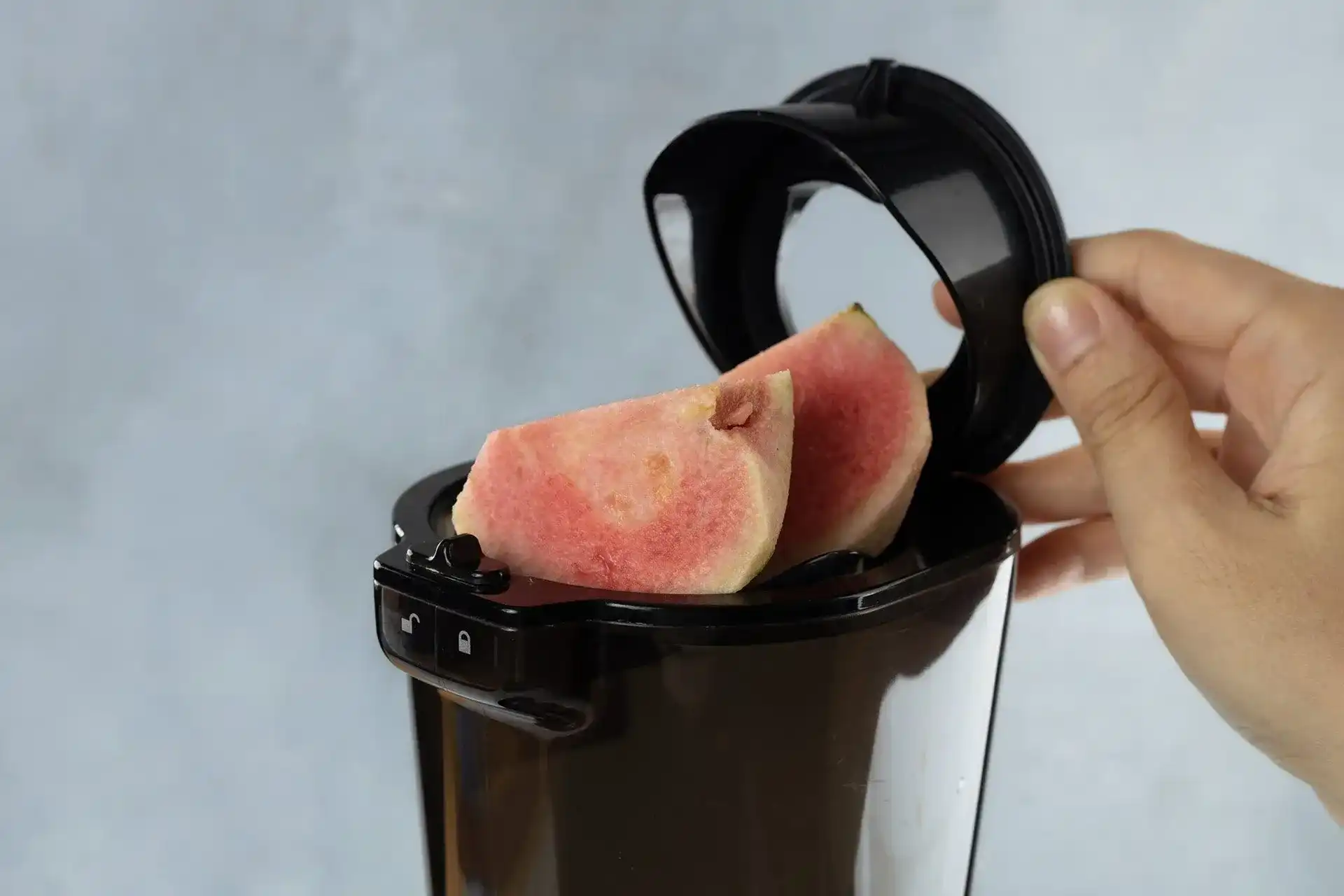
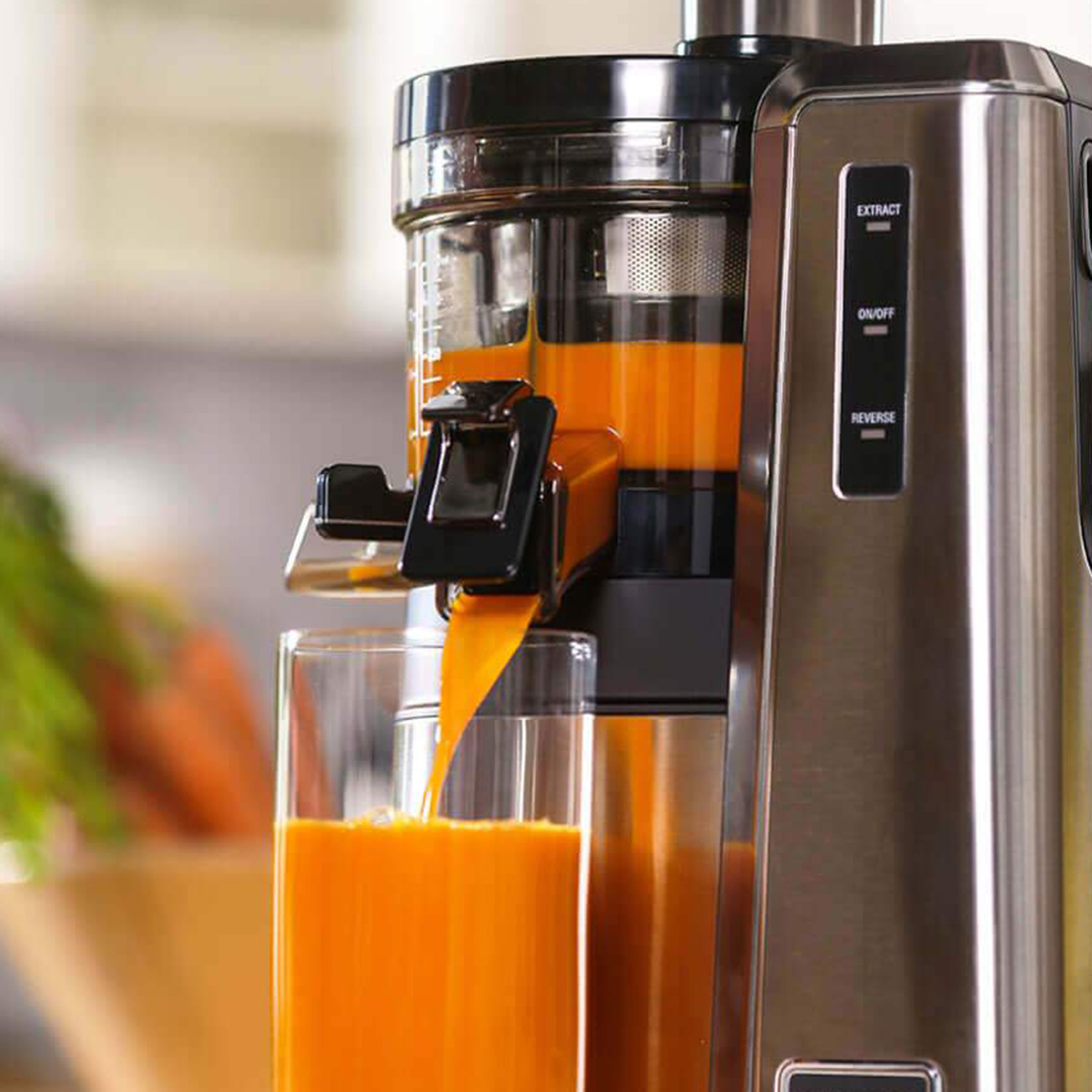
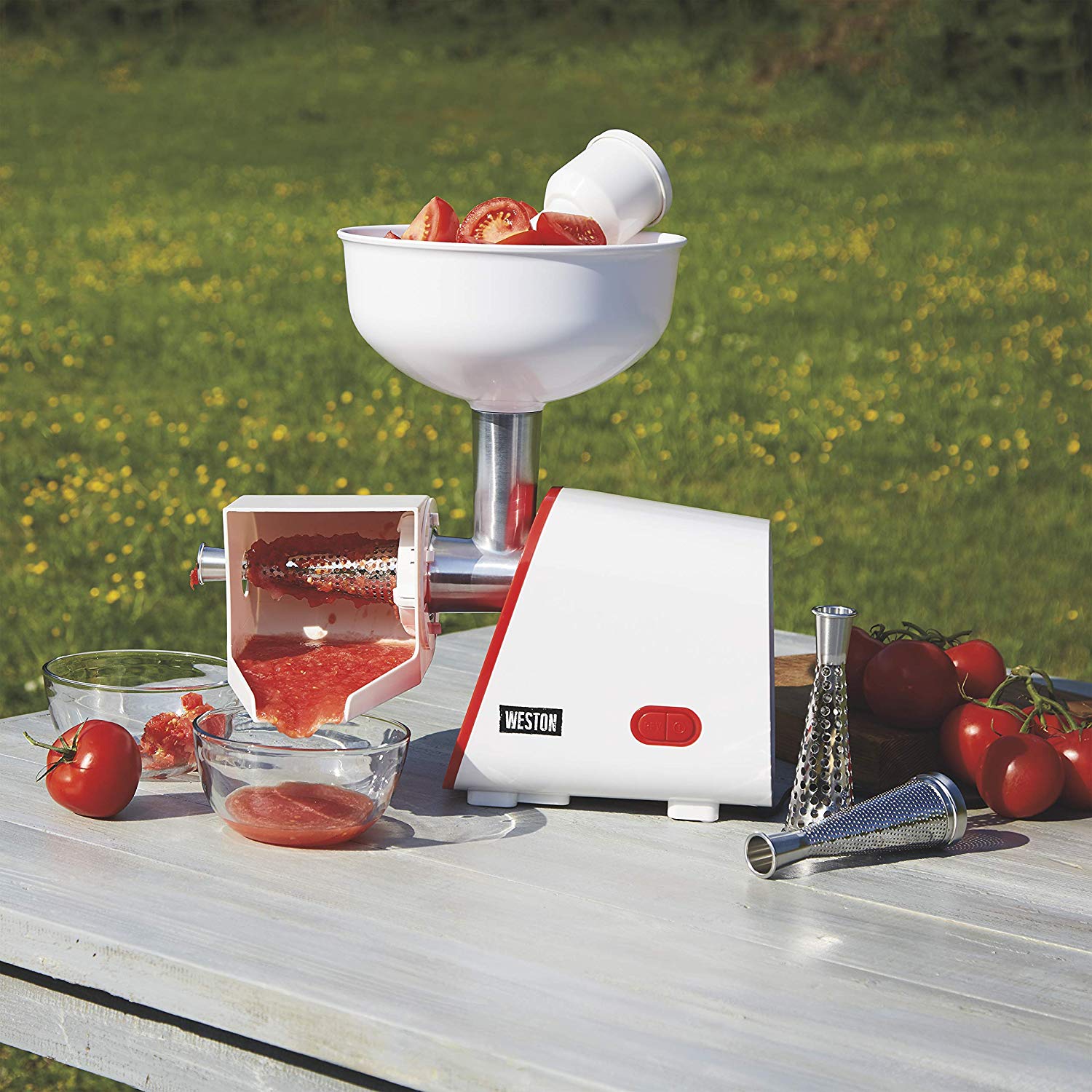
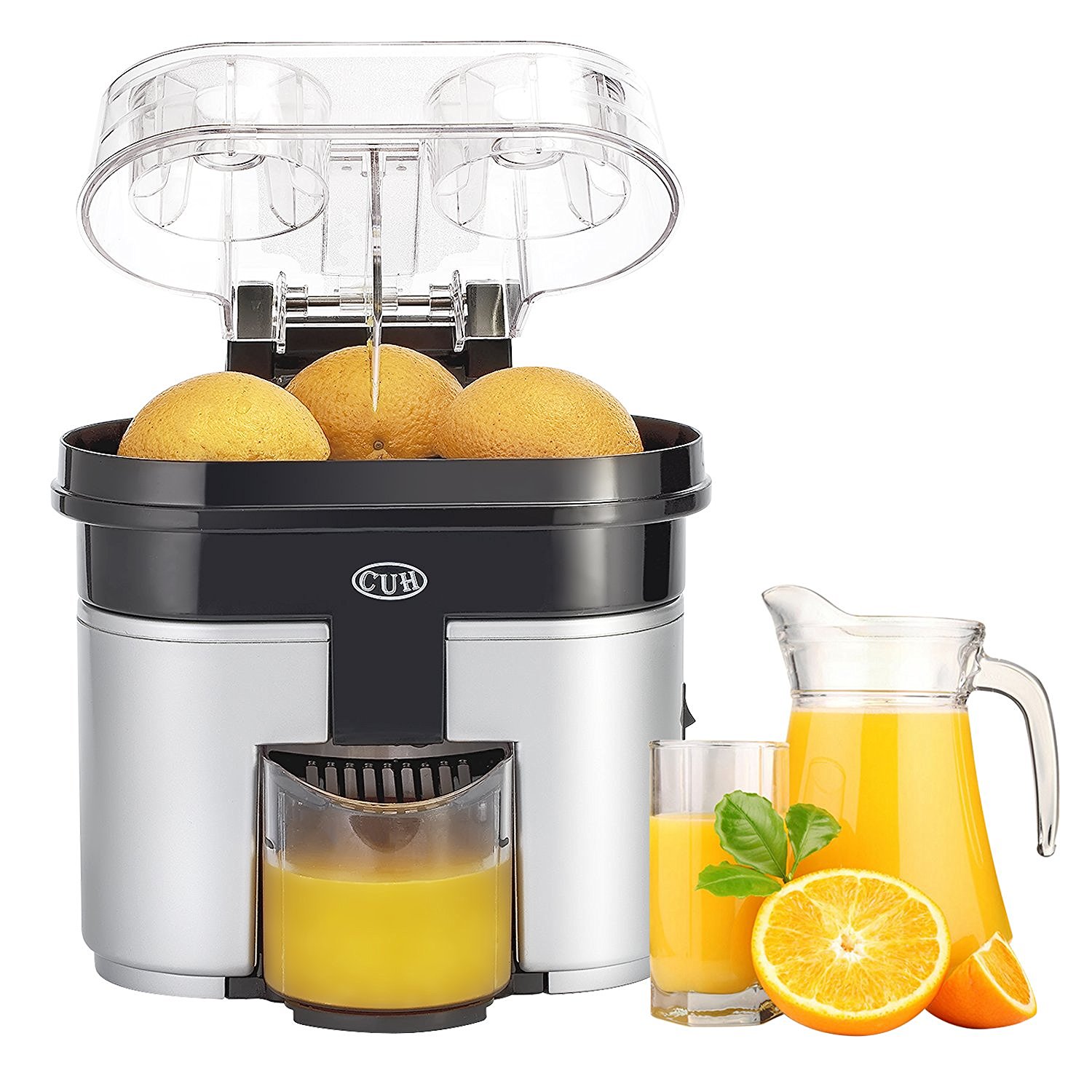
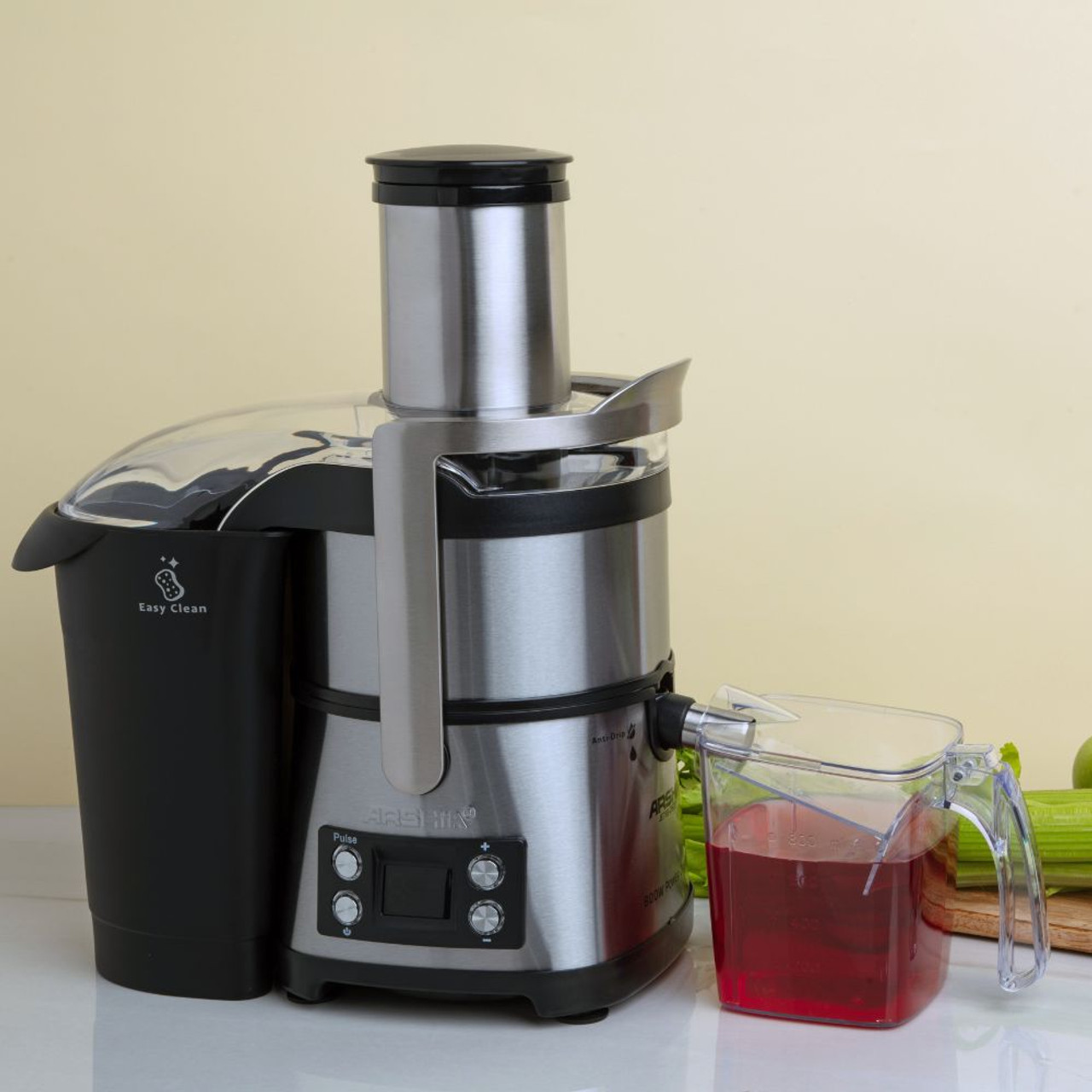

0 thoughts on “How Long Does Juice From Juicer Last”